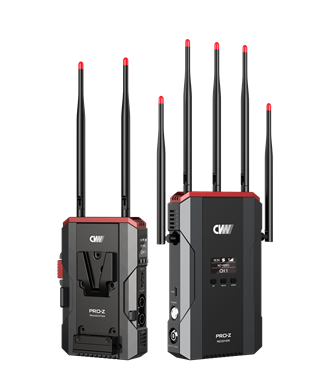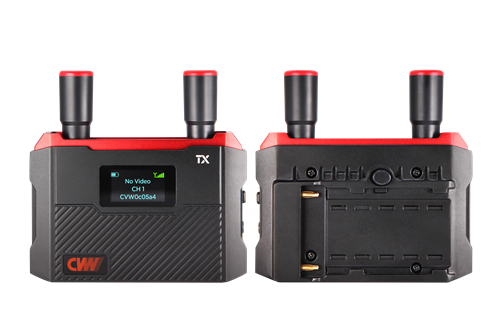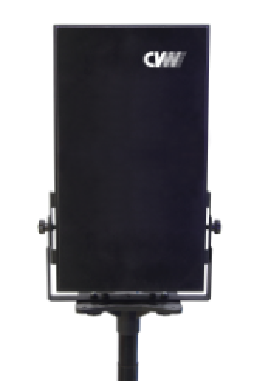In the fast-paced world of media and entertainment, radio, television, and film play a significant role in shaping our culture and providing us with information, entertainment, and inspiration. However, behind the scenes, there is a crucial process that ensures the quality and safety of the products we consume. Product compliance assessment is an essential aspect of the industry, ensuring that radio, television, and film productions meet the necessary standards and regulations. This article explores the main aspects of product compliance assessment in the radio, television, and film industry, highlighting its importance in delivering high-quality and safe content to audiences worldwide.
1. Regulatory Framework: The radio, television, and film industry operate within a complex regulatory framework that varies across different countries and regions. Compliance with these regulations is crucial to ensure that the content produced meets the required standards. These regulations encompass various aspects, including content classification, broadcasting standards, copyright laws, and health and safety guidelines. Product compliance assessment ensures that productions adhere to these regulations, avoiding legal issues and potential harm to the audience.
2. Content Classification: One of the primary aspects of product compliance assessment is content classification. Different countries have different rating systems to categorize content based on its suitability for different age groups. For instance, the Motion Picture Association of America (MPAA) in the United States assigns ratings such as G, PG, PG-13, R, and NC-17 to films. Compliance with these ratings ensures that the content is appropriate for its intended audience, preventing exposure to unsuitable material.
3. Broadcasting Standards: Radio and television broadcasts are subject to specific standards to ensure fairness, accuracy, and decency. These standards govern areas such as advertising, news reporting, and program content. Product compliance assessment ensures that radio and television programs meet these standards, promoting responsible broadcasting practices and protecting the interests of the audience.
4. Copyright and Intellectual Property: The radio, television, and film industry heavily rely on intellectual property rights to protect their creative works. Product compliance assessment involves verifying that all necessary copyrights and licenses are obtained for the content used in productions. This ensures that the industry operates ethically and legally, respecting the rights of creators and preventing copyright infringement.
5. Health and Safety Guidelines: The health and safety of cast and crew members during the production process are paramount. Product compliance assessment includes evaluating the adherence to health and safety guidelines, such as those set by occupational safety and health administrations. This assessment ensures that productions provide a safe working environment, minimizing the risk of accidents, injuries, or health hazards.
6. Technical Standards: In addition to content-related aspects, product compliance assessment also focuses on technical standards. This includes evaluating the quality of audio and video production, ensuring that the final product meets industry standards. Compliance with technical standards guarantees that the audience receives a high-quality viewing or listening experience, free from technical glitches or subpar production values.
7. Testing and Certification: To ensure compliance with the various aspects mentioned above, radio, television, and film productions undergo rigorous testing and certification processes. These processes involve specialized laboratories and experts who assess the content, equipment, and production practices. Testing may include audio and video quality checks, content analysis, and equipment safety evaluations. Certification serves as proof of compliance, assuring stakeholders and audiences that the product meets the necessary standards.
Product compliance assessment is a vital aspect of the radio, television, and film industry, ensuring that productions meet the required standards and regulations. From content classification to technical standards and health and safety guidelines, compliance assessment guarantees the delivery of high-quality and safe content to audiences worldwide. By adhering to these assessments, the industry can maintain its integrity, protect intellectual property rights, and provide an enjoyable and responsible media experience for all.

 Multi-camera wireless video transmission
Multi-camera wireless video transmission Zero Latency Wireless Video Transmission
Zero Latency Wireless Video Transmission
 Designed for teleoperating the heavy equipment
Designed for teleoperating the heavy equipment Wireless high-speed data transmission
Wireless high-speed data transmission

